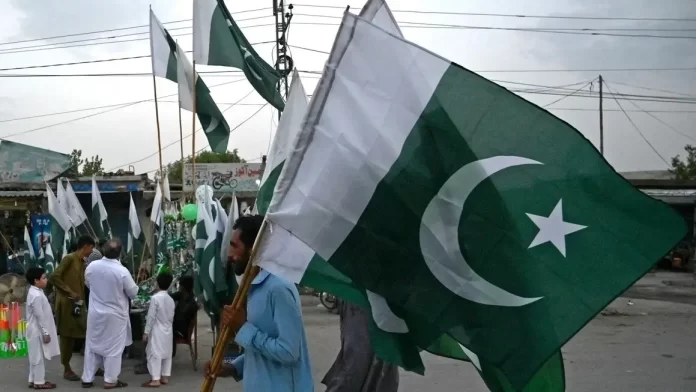As Pakistan began its 12th general elections, the nation took an unprecedented step by suspending its mobile telephone services for the duration of the polling. The Election Commission of Pakistan made this decision to ensure safe and secure voting. Since Wednesday evening, significant portions of Pakistan have experienced internet disruptions. In response to this situation, there’s been increasing demand from the Pakistani populace for alternative communication solutions, with the hashtag #StarlinkForPakistan gaining traction on social media.
Polling commenced at 8 am local time across the nation, with expectations high for a closely contested election. The Pakistan Muslim League (Nawaz), led by ex-premier Nawaz Sharif, is anticipated to emerge as the single-largest party in the 336-seat National Assembly. Following closely behind is Bilawal Bhutto’s Pakistan Peoples Party (PPP), with the Pakistan Tehreek-e-Insaf (PTI), led by former cricket star and imprisoned former PM Imran Khan, projected to secure a lesser share of seats.
The polling, which encompasses 266 seats in the National Assembly, with the remaining 70 reserved for women and non-Muslims, has attracted significant attention, with approximately 13 million eligible voters—nearly half of Pakistan’s population—set to cast their ballots.
In the event of a PML (N) victory or emergence as the leading party, Nawaz Sharif, who made a highly publicized return from the UK in October 2023, stands poised to claim the position of prime minister for an unprecedented fourth term.
As polling stations across the country witness bustling activity, images from distribution centers like the one in Karachi depict the stacking of ballot boxes, highlighting the nation’s democratic fervor and commitment to the electoral process.
However, amidst the electoral buzz, the suspension of mobile services has sparked a debate on communication infrastructure resilience and alternatives. With citizens expressing frustration over the disruption, there is a growing call for innovative solutions, signaling a potential shift in the discourse surrounding connectivity in Pakistan.
As the election unfolds and results begin to trickle in, all eyes remain fixed on the outcome, which promises to shape Pakistan’s political landscape for the foreseeable future.



